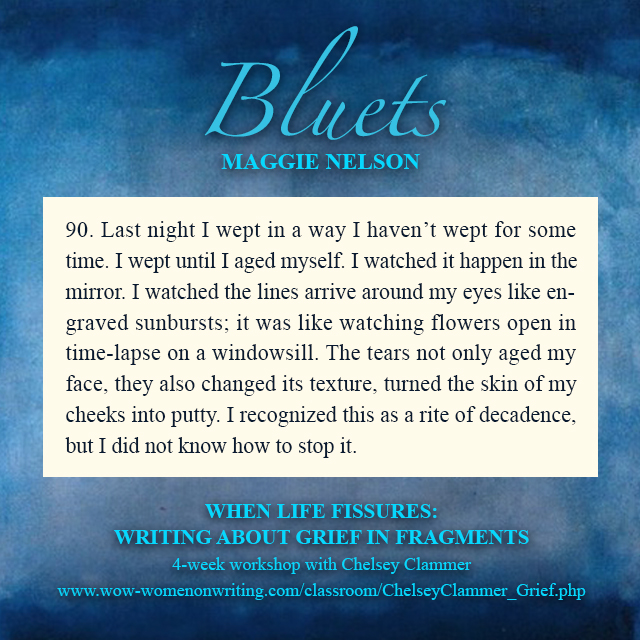For the past six weeks, I’ve been working as a mentor in a program that helps prepare writers for the educational market. The goal is that by the time the program is over they will have all that they need to apply to any educational market, and there are many.
One group of educational markets specializes in testing. The authors who write for these markets prepare passages. Some of them also write the actual test questions. Many write for state assessment tests.
Another group writes books for the school and library market. Most of these jobs are work-for-hire with a vast range of topics. To write for this market you have to write fast and you have to be flexible.
Then there are the curriculum markets. They write actual text and workbook pages. There is the explanation of the lesson, the lesson itself, and the challenge for the student to apply what they learned. Then there are the markets that prepare material for the teachers.
How can one program prepare writers for all three areas? Really, we can’t. Writers with teaching experience will have an easier time getting curriculum jobs. Writers with no experience will have an easier time getting jobs writing test passages. Experience in either of these areas will help land a work-for-hire job.
But there’s something else. Writers have to pick and choose what they are best suited to write.
My friend Chris is a top notch question writer. Frequently she writes questions for her own passages and for those of other writers. Not everyone can see the nuances in the many requirements for question writing. Let me be honest – I am unbelievably bad at question writing.
I write work-for-hire. I’m a good researcher who is interested in a ridiculous number of topics. And I write fast. In the last 10 days, I’ve written two elementary school books. Add to this the fact that I actually enjoying seeing the book change and grow. The finished product is always better than what I first turn in. But this means that I have to be willing to let go and follow my editor’s lead.
I used to write test passages. This is another area that requires the ability to write fast and also an eye for detail. I’m good at this but I don’t want to do it. Let’s just say that I have philosophical issues with testing and leave it at that.
And curriculum writing? I can write for the students but the teaching material is a challenge for me, and I don’t mean a good challenge. So I don’t accept those jobs.
It doesn’t matter if you are writing educational material or essays, picture books or novels. You aren’t suited to do it all and you probably don’t want to anyway. There are things you like and things you are good at. You’ll have to pick and choose what is right for you.
This doesn’t mean that you shouldn’t try new things, but don’t feel bad when you just don’t get the appeal of a certain market. Leave that for someone else, someone who may not get what you enjoy doing. We all have to pick and choose.
--SueBE
Sue Bradford Edwards' is the author of over 30 books for young readers. To find out more about her writing, visit her site and blog, One Writer's Journey.
The next session of her new course, Pitching, Querying and Submitting Your Work will begin on November 1, 2021). Coping with rejection is one of the topics she will cover in this course.
Sue is also the instructor for Research: Prepping to Write Nonfiction for Children and Young Adults (next session begins November 1, 2021) and Writing Nonfiction for Children and Young Adults (next session begins November 1, 2021).















